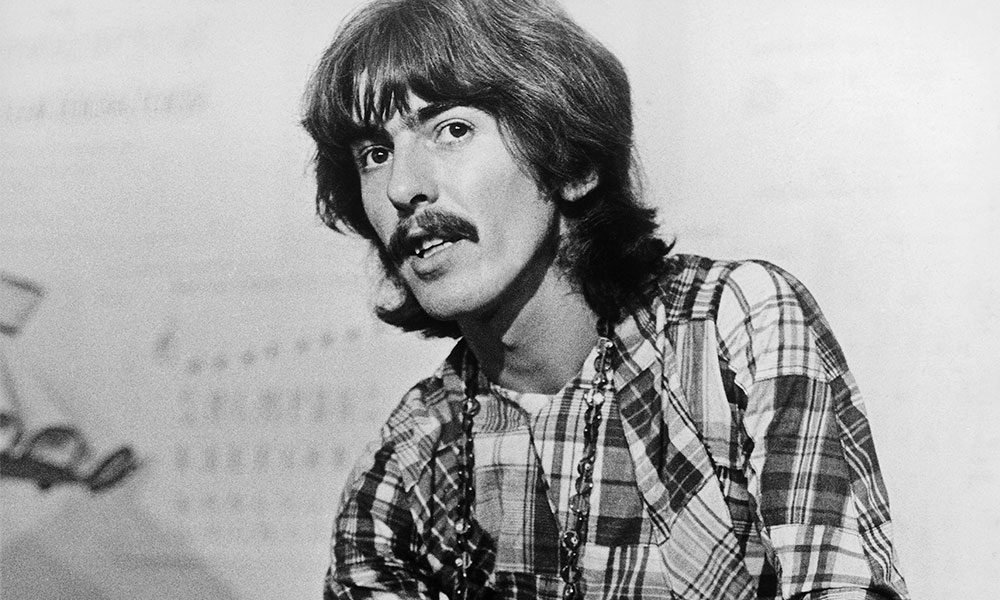Following The Beatles’ 1970 breakup, the media sensationalized the growing hostility between the band by drawing sweeping conclusions. Nevertheless, the recording sessions for the last three albums—The Beatles, Abbey Road, and Let It Be—were marred by power disputes. During tense occasions, Ringo Starr and George Harrison even left the band.
Paul McCartney took on a de facto managing position after The Beatles’ manager, Brian Epstein, passed very suddenly and tragically in August 1967. Harrison, who found it difficult to fit his compositions into recordings, was greatly displeased that McCartney was the main creative power behind the last two albums, as seen in Peter Jackson’s well-received 2021 documentary The Beatles: Get Back.
During the Abbey Road sessions, McCartney’s dominance was especially evident when he had his colleagues endure a laborious recording procedure for “Maxwell’s Silver Hammer.” With the exception of a Moog overdub that was done later, the song was finished in three sessions in July 1969. The backing track was recorded sixteen times on the first day alone, and then twenty-one times on the third.
Harrison told Crawdaddy in the 1970s, “Sometimes Paul would make us do these really fruity songs. I mean, my God, ‘Maxwell’s Silver Hammer’ was so fruity.”
While both Ringo Starr and John Lennon expressed dissatisfaction with the song, they were generally happy with Abbey Road, considering it to be one of the band’s better albums. Harrison could have preferred Abbey Road if not for “Maxewell’s Silver Hammer,” but Rubber Soul, the revolutionary album from 1966, edged ahead.
George said in the 1990s, “Rubber Soul was my favourite album, Even at that time, I think that it was the best one we made. The most important thing about it was that we were suddenly hearing sounds we weren’t able to hear before. Also, we were being more influenced by other people’s music, and everything was blossoming at that time – including us.”
Harrison was quite pleased with The Beatles’ following foray into psychedelic music with Revolver and Sgt. Pepper’s Lonely Hearts Club Band, even if he had some concerns about certain tracks from the later album.
Harrison opined in a 1977 interview via George Harrison on George Harrison: Interviews and Encounters, “I liked when we got into Rubber Soul, Revolver — each album had something good about it and progressed.”
The guitarist did, however, go on to mention a few albums he wasn’t all that fond of. He said, “There were albums which weren’t any good as far as I was concerned, like Yellow Submarine. We put all the songs together into an album form — I’m talking about the English albums now, because the States we found later that for every two albums we had, they’d made three because we put fourteen tracks on an album, and we’d also have singles that weren’t included on albums in those days. They’d put the singles — take off a bunch of tracks, change all the running order and then they’d make new packages like Yesterday and Today, just awful packages.”
Harrison also talked about issues with the band’s previous records’ audio quality later in the chat. He concluded, “Those old records weren’t really stereo. They were mono records, and they were rechanneled. Some of the stereo is terrible because you’ve got the backing on one side. In fact, when we did the first two albums — at least the first album — which was Please Please Me, we did straight onto a two-track machine.”
Listen to the song down below.
